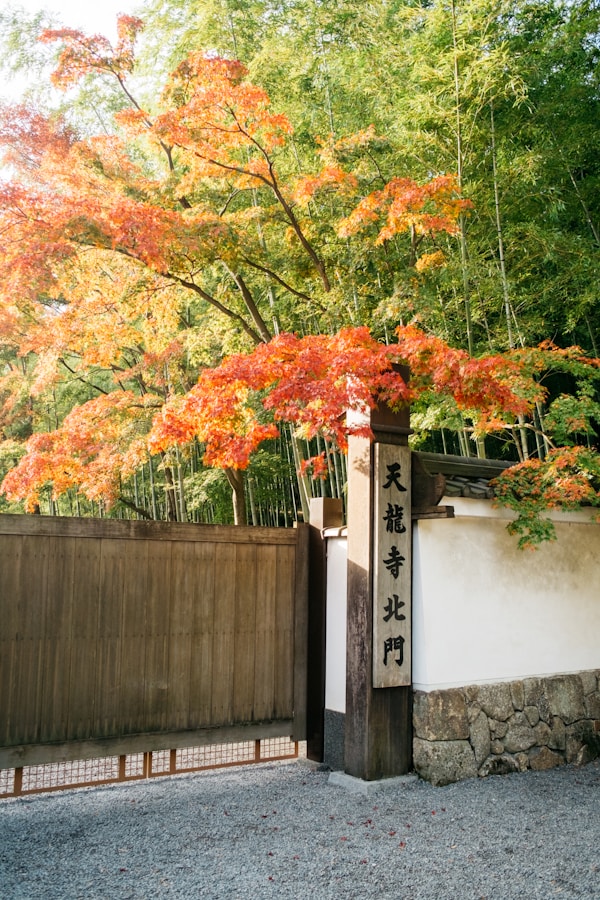.svg)
Understanding Special Flooding Zones in Japan and Their Impact on Akiya Home Renovations
.svg)
.svg)
.svg)

Not all akiya sell easily. Learn the top 7 reasons some Japanese homes stay vacant—and how Old Houses Japan helps buyers navigate common red flags.
.jpg)

Japan has an estimated 8.5+ million vacant homes, many of which fall into the category of akiya—properties left empty for years or even decades. While some of these homes sell quickly to savvy buyers looking for a renovation project or vacation getaway, others linger on the market for years.
So what’s the difference? What makes certain akiya harder to sell than others?
If you're thinking about buying or selling an akiya, understanding the red flags can help you avoid costly mistakes—or turn overlooked properties into smart opportunities. Here are 7 things that commonly make an akiya hard to sell.
.jpg)
One of the biggest reasons akiya don’t sell is that they’re stuck in legal limbo. Many properties are still registered under a deceased owner’s name, and the heirs haven’t completed the inheritance registration (sōzoku tōki). In some cases, there may be multiple heirs, some of whom can’t be located or don’t agree on the sale.
📌 Why it matters:
You can't legally transfer or sell a property unless ownership is clearly documented.
✅ What helps:
Old Houses Japan works with judicial scriveners and city offices to help clear title issues before listing a property.
In Japan, a house must be accessible by a public or legally recognized private road in order to qualify for renovation, rebuilding, or sale. Some akiya—especially rural or hillside homes—are accessible only by footpath or narrow alleys that don't meet code.
📌 Why it matters:
If the home doesn't front a legal road, you may not be able to renovate or rebuild.
✅ What helps:
We confirm frontage and zoning access with the city planning office before recommending any property.
Some akiya have been left exposed to the elements for years, leading to:
📌 Why it matters:
Even if the land is valuable, a dangerous or deteriorated structure can require expensive demolition or make financing impossible.
✅ What helps:
Buyers should always budget for an inspection—or request a city-issued safety notice if one is available.
Older homes (especially from the 1950s–80s) may include materials like asbestos insulation, lead-based paint, or other hazards that must be removed professionally.
📌 Why it matters:
Abatement can dramatically increase renovation costs—and many contractors won’t work on these homes without special permits.
✅ What helps:
Old Houses Japan helps buyers get quotes and safety evaluations before committing.
Even if the house is in good shape, if it’s located in a remote area with:
…it may be difficult to find buyers willing to relocate or invest.
📌 Why it matters:
Low demand = long time on the market or lower resale value.
✅ What helps:
We help buyers assess long-term value and connect with local communities that are investing in revitalization.
It’s not uncommon for akiya to lack modern:
📌 Why it matters:
Adding utilities can cost hundreds of thousands of yen—or be outright impossible in protected areas.
✅ What helps:
We investigate infrastructure availability before recommending a property and help estimate the cost to restore it.
Some properties sit unsold because of past events—such as deaths, fires, or family disputes. In Japan, these are called jiko bukken (stigmatized properties), and they may be hard to sell or rent.
📌 Why it matters:
Even if legally fine, these homes may deter local buyers or require disclosure under Japanese law.
✅ What helps:
Buyers who aren't influenced by superstition often score incredible deals—especially when planning a full renovation.
Final Thoughts
Not all akiya are created equal. Some have hidden legal, structural, or cultural complications that make them tough to sell—but that also means there’s room for negotiation, creativity, and transformation.
At Old Houses Japan, we help you separate the hidden gems from the hidden landmines. Whether you're buying, selling, or just browsing, we’ll make sure you understand the full picture—before you commit.
Start your journey with Luxey today! Sign up for free and get instant access to the best property listings.



